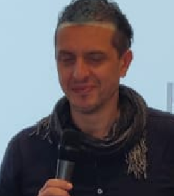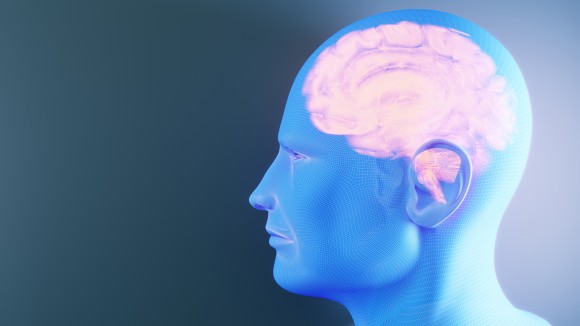 Pushpal Desarkar is an Assistant Professor in the Department of Psychiatry, University of Toronto. As a clinician-scientist, his research has two overarching goals: 1) obtaining new knowledge related to neurophysiological underpinnings in neuropsychiatric disorders, especially autism, across the lifespan, and 2) developing novel therapeutic interventions for these conditions. Dr Desarkar has been an Editorial Board Member for Scientific Reports since 2015.
Pushpal Desarkar is an Assistant Professor in the Department of Psychiatry, University of Toronto. As a clinician-scientist, his research has two overarching goals: 1) obtaining new knowledge related to neurophysiological underpinnings in neuropsychiatric disorders, especially autism, across the lifespan, and 2) developing novel therapeutic interventions for these conditions. Dr Desarkar has been an Editorial Board Member for Scientific Reports since 2015.
 Mojtaba Soltanlou is an Assistant Professor at the School of Psychology, University of Surrey, UK. His research is about how individuals acquire numerical and mathematical skills, why some individuals experience difficulties in those skills, and how environmental/cultural factors might shape those skills. He uses a variety of behavioural and neuroscientific research methods such as functional near-infrared spectroscopy (fNIRS), EEG, and brain stimulation, and different designs like interventional and longitudinal investigations to tackle those questions. Dr Soltanlou has been an Editorial Board Member for Scientific Reports since 2021.
Mojtaba Soltanlou is an Assistant Professor at the School of Psychology, University of Surrey, UK. His research is about how individuals acquire numerical and mathematical skills, why some individuals experience difficulties in those skills, and how environmental/cultural factors might shape those skills. He uses a variety of behavioural and neuroscientific research methods such as functional near-infrared spectroscopy (fNIRS), EEG, and brain stimulation, and different designs like interventional and longitudinal investigations to tackle those questions. Dr Soltanlou has been an Editorial Board Member for Scientific Reports since 2021.
 Carmelo Mario Vicario is an Associate Professor, Lead of the Cognitive Neuroscience Lab and Coordinator of the MSc in Psychology and Cognitive Neuroscience, Department of Cognitive Science, University of Messina. His research focuses on cognitive and neural mechanisms of reward systems in healthy humans and mental illness. Dr Vicario has been an Editorial Board Member for Scientific Reports since 2022.
Carmelo Mario Vicario is an Associate Professor, Lead of the Cognitive Neuroscience Lab and Coordinator of the MSc in Psychology and Cognitive Neuroscience, Department of Cognitive Science, University of Messina. His research focuses on cognitive and neural mechanisms of reward systems in healthy humans and mental illness. Dr Vicario has been an Editorial Board Member for Scientific Reports since 2022.

